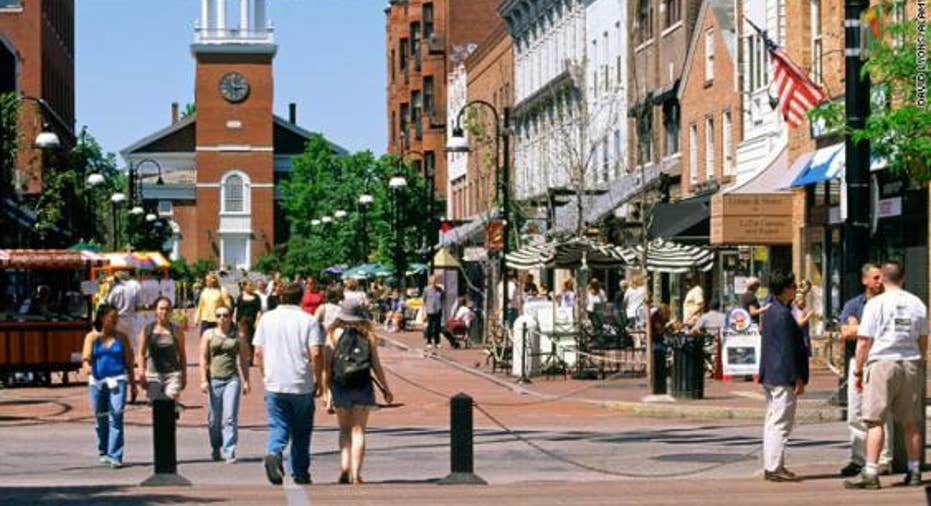College Towns, Cities Are Retirement Hot Spots

Like everything else they’ve touched, baby boomers promise to reinvent retirement. And, with 8,000 boomers retiring every day over the next 15 years, they are bound to reshape the second home market. Forget the armchair and the rockers, more and more boomers are opting to retire in cities and college towns where they can have access to museums, free classes, restaurants and a faster pace of living. Plus, many want to downsize and trade in their home and yard for a condo or townhouse.
Pied-a-terre which literally means “foot on the ground” in French is typically a small or undersized apartment capable of doubling as a retirement location. As cities have become safer, boomers have been lured back to metropolitan areas largely because of their entertainment attractions, but also because dwellers can walk their neighborhood and enjoy public transportation. Plus, many parents find they may be closer to the children. Because retirees don’t care about school districts buying in town can be affordable. Buyers should keep in mind that most co-ops try to restrict pied-a-terre purchases.
Another popular option for boomers is buying in a college town because prices are typically low and benefits are high. Home prices are typically near the median national average price of $212,400 or below and real estate taxes tend to be low. What’s more, many colleges allow seniors to audit courses at no or low cost and attend college sporting events at bargain prices, too. Some developers build retirement communities affiliated with universities in college towns. Kendal Corp., for example, is building such communities in Ithaca, N.Y., home of Cornell University and Hanover, N.H., home of Dartmouth University.
Florida and Arizona may have been traditional retiree havens, but boomers are changing all that, opening up new locations that fit their wallets.



















